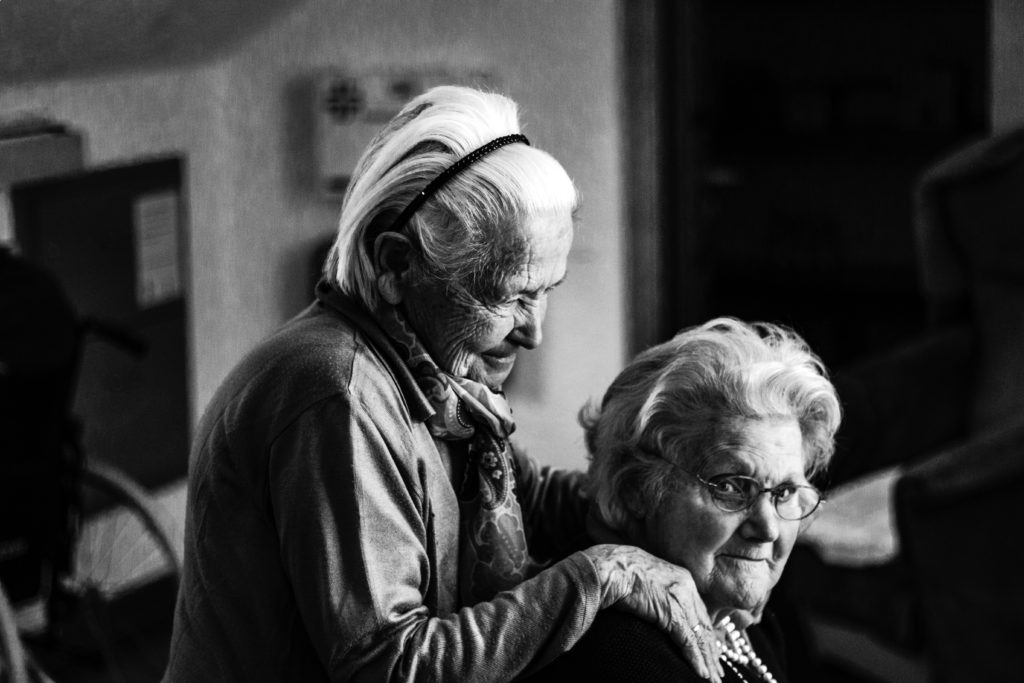Inhaltsverzeichnis
Launched in 2010, this journal aims to publish high-quality material on all aspects of geriatric medicine, both scientific and clinical. The EUGMS is committed to promoting Geriatric Medicine in all settings (acute or subacute care, rehabilitation, nursing homes, primary care, fall clinics, ambulatory assessment, dementia clinics, etc.), as well as to functional aging, comprehensive geriatric assessment, geriatric syndromes, geriatric education, old age psychiatry, models of geriatric care in health services, and quality assurance.

Appropriate drug research and use in older people, cardiovascular geriatric medicine, sarcopenia and frailty, geriatric care, and end-of-life care for older people;
European Geriatric Medicine does not publish basic (laboratory or animal model) or social sciences research, or research on other broader aspects of gerontology and aging.
The EuGMS wishes to promote Geriatric Medicine in all settings (acute or subacute care, rehabilitation, nursing homes, primary care, fall clinics, ambulatory assessment, dementia clinics, etc. ), as well as functional aging, comprehensive geriatric assessment, geriatric syndromes, education, health service models (with a special emphasis on EU-funded projects), and quality assurance.

In contrast to the majority of other gerontology journals, European Geriatric Medicine has a distinct focus on Geriatric Medicine. It was founded in 2010 with the mission of providing a comprehensive and up-to-date forum for all aspects of clinical and academic Geriatric Medicine.
The Editorial Board is comprised of an international panel of authoritative and highly specialized scientists with expertise in geriatric pharmacology, cardiovascular geriatric medicine, sarcopenia and frailty, neurodegenerative diseases, geriatric emergency care, and geriatric ethics/end-of-life care.
European Geriatric Medicine is intended for geriatricians, other geriatric team members (nurses, therapists, educators), researchers, administrators/decision-makers, and students, as well as professionals in borderline specialties (rehabilitation, cardiology, neurology…).
The primary mission of the BGS is to contribute to the improvement of healthcare for older adults. This is accomplished by advocating for high clinical quality standards, funding training and education, advancing research, and influencing policymakers.

There are, however, a variety of ways in which members, non-members, and members of the general public can contribute to the achievement of these aims and objectives, which are detailed below. We strongly encourage you to get involved in any way that you can, and we are always interested in hearing about your own experiences, successes, setbacks, and priorities.
The EUGMS has expanded in scope in tandem with the EU’s expansion, and geriatricians in these new countries are making a positive contribution to society and promoting the delivery of high-quality evidence-based geriatric medicine to their aging populations.
The letter highlights stories shared as part of the British Geriatrics Society’s Timely Discharge campaign, highlighting the human impact on large numbers of older people in hospitals across the country who are medically fit for discharge but lack access to the necessary care and rehabilitation to return home. Seniors are being kept in hospitals when they do not need to be due to a severe shortage of available care staff.
Our blog series delves into the factors that contribute to delayed discharges, the broader health and social care system’s implications, and what needs to change.






